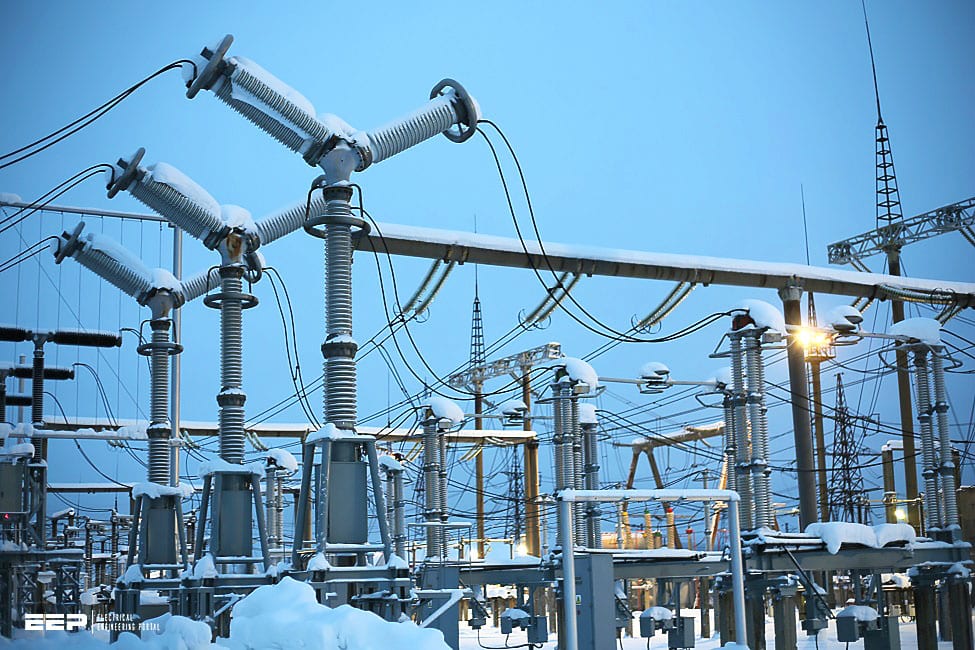The Transmission Company of Nigeria (TCN) has attributed its failure to transmit approximately 4,900MW of generated electricity to challenges stemming from vandalism and deteriorating infrastructure.
This disclosure was made by Dr. Thomas Inugonum, TCN’s General Manager for Port Harcourt Region, during a press conference in Port Harcourt, Rivers State, on Sunday.
Inugonum highlighted that despite possessing the capacity to transmit 8,100MW out of the total 13,000MW generated, the existing limitations were due to aging and feeble infrastructure.
He emphasized, “Our capability should ideally reach 15,000MW, but aging infrastructure, some over 50 years old, prevents us from meeting this potential.”
Expressing concern over the incessant attacks on TCN facilities, Inugonum urged media support in raising public awareness about the severe repercussions of damaging these critical installations.
He lamented the significant financial losses incurred due to vandalism, citing instances where earth conductors of high-value transformers worth about N800 million were vandalized, resulting in operational disruptions.
Highlighting the dire consequences of such actions, Inugonum stressed that attacks on transmission lines not only hindered power supply but also posed life-threatening risks to residents if the infrastructure collapsed onto residential areas.
The continuous assaults on TCN facilities across states including Abia, Akwa Ibom, Bayelsa, Cross River, Imo, and Rivers were identified as major obstacles affecting the uninterrupted supply of electricity.
Inugonum underscored ongoing projects in the six states, partially funded by entities such as TCN, the Niger Delta Power Holding Company, and the World Bank, under the National Integrated Power Project of the Federal Government. He highlighted the importance of these initiatives in addressing infrastructure gaps and enhancing electricity transmission.
Additionally, Benneth Ezemobi, TCN’s Assistant General Manager for Port Harcourt Sub-Region, revealed plans to augment electricity supply to Rivers State by an additional 100MW, aiming to achieve a target of 500MW by 2025.
The TCN’s statements underscore a critical need to address infrastructure challenges and combat vandalism to facilitate enhanced electricity transmission across Nigeria, particularly in the aforementioned regions grappling with these issues.



